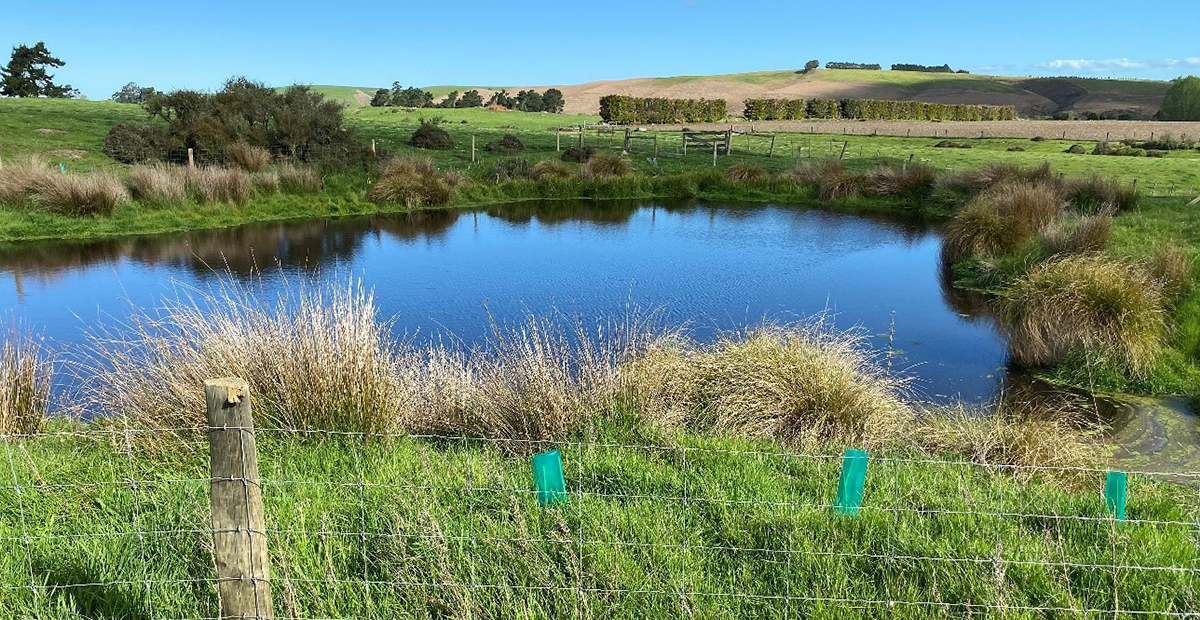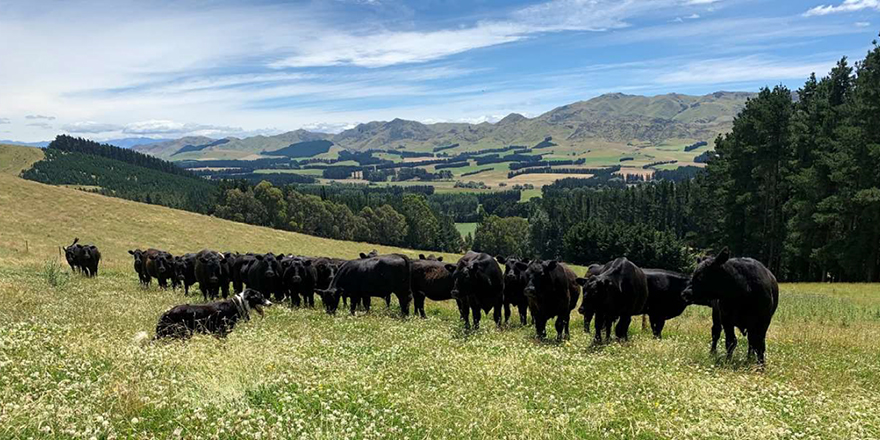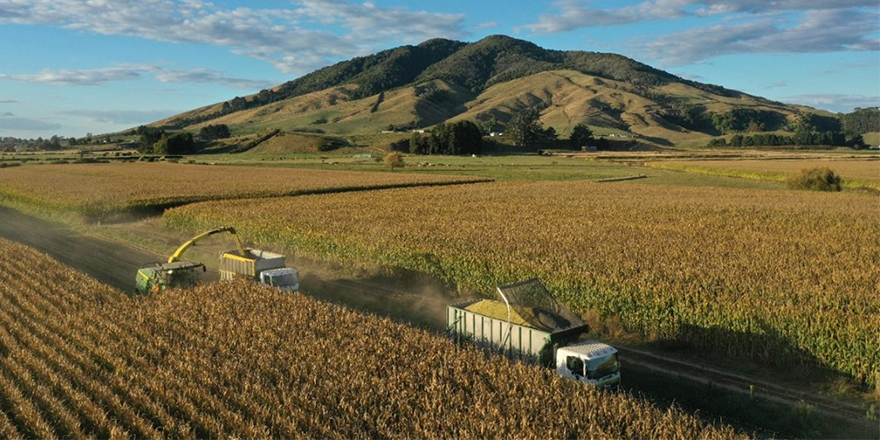
Executive summary
As farmers must bear the increasing costs of environmental regulation, social expectation, and consumer demands, it is important that they maximise the value they receive for their food and fibre products. While some farmers can seek added value for their products by trading directly with the consumer, many are operating a business model where they supply processors and rely on them to access and pass on added value from marketing particular credence attributes to consumers.
This research considered the question: Are consumers willing to pay for environmental action on- farm such as fencing and planting of riparian areas, and if so, how can farmers access these premiums?
In preparing this report, a literature review was followed up using semi structured interviews with processors and industry experts. Insights were condensed into themes for analysis and helped inform the discussion and findings.
There were three key findings, or themes that impacted on farmers access to premiums for environmental action on farm. These are:
- A ‘ticket to the game’ or farmers putting themselves in the best position to capitalise on premium opportunities,
- A ‘right to play’ which was making sure that products met minimum consumer
expectations-whether there was a financial incentive to do this or not, and lastly, - Disincentives can be used to discourage management actions if they are not desirable for customers or consumers.
Key concepts that underpin accessing premiums include product assurance, communication between suppliers and consumers, relationships with processors and demonstrating continuous improvement of farming practices to encourage trust in brands and credence attribute claims.
For farmers to maximise their returns and capitalise on environmental and sustainability premiums, it is recommended that farmers:
- Engage with their processors to understand consumer trends, find opportunities for added value and to access advice on sustainability requirements,
- Participate in farm assurance schemes and work towards extended or premium
programmes with your processor, - Future proof their business by being initiative-taking in adopting environmental management practices and aim for continuous improvement in systems,
- Share their stories from behind the farm gate,
- Embrace technology for data sharing to reduce reporting and verification burdens,
- Investigate a collective approach to productising attributes of local produce to
generate a premium.
And that processors will be able to facilitate increased premiums for farmers by:
- Communicating with their suppliers to understand the attributes that are marketable so farmers can plan accordingly and amend practices,
- Being transparent about added value, including where those premiums are coming from and how they are being shared with suppliers,
- Rewarding or incentivising environmental or sustainability action on-farm,
- Connecting animal welfare and food safety attributes to environmental sustainability which may generate a premium from those attributes,
- Articulating New Zealand’s environmental credence attributes to promote added value, and
- Investigating how to ease reporting burden for farmers.




